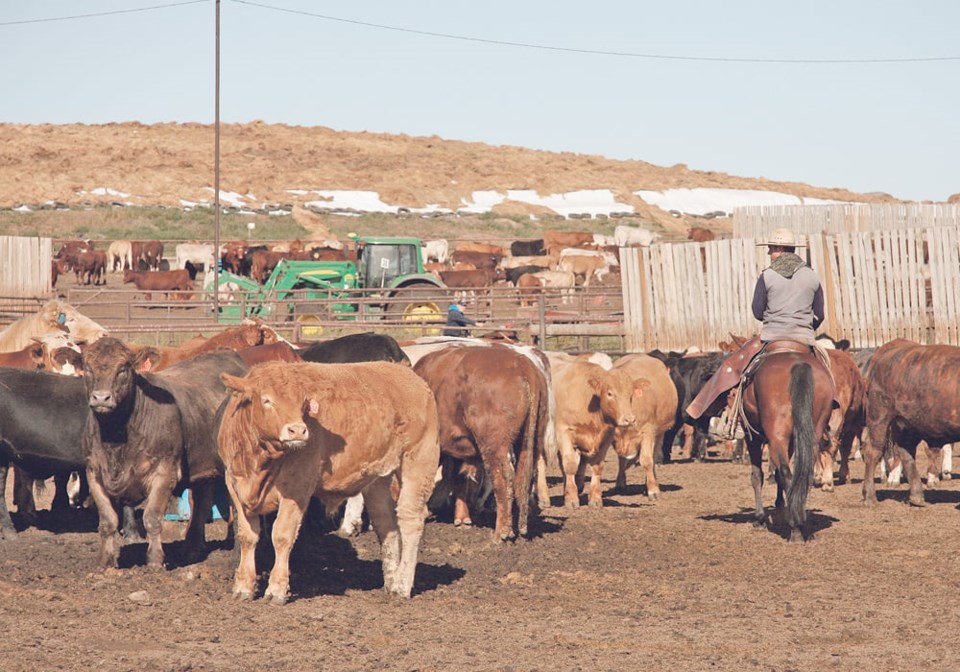REGINA — Canada intends to offer cattle feeders incentives to reduce methane emissions.
In a statement issued Dec. 10 Environment and Climate Change Canada said it had published a draft protocol, Reducing Enteric Methane Emissions from Beef Cattle, to encourage producers to make changes that would cut emissions from burping cattle.
In return producers would receive offset credits, each representing one tonne of emissions reductions. The credits could then be sold to other businesses or facilities that need to meet their targets.
ECCC said the federal protocol is intended for confined beef cattle feeding operations.
“No single activity, management practice or diet is prescribed by the protocol,” the document said. “It is recognized that each cattle feeding operation has unique needs and the proponent may choose to undertake one or more project activities based on the unique circumstances of each project.”
It identifies improved management, diet reformulation, feed additives, growth promoters and other innovative strategies as eligible projects.
A proponent who uses one of these strategies could also implement genetic selection as a greenhouse gas mitigation activity.
The government said it worked with technical experts and used Alberta’s offset protocol on fed cattle to develop its protocol.
It is accepting comments from stakeholders by email until Feb. 6 and intends to publish the final protocol in summer 2024.
The announcement came as COP 28 wound down in Dubai. Canada announced stricter oil and gas methane regulations during the climate conference.
The food and agriculture statement signed by 134 countries as the conference ended included calls to ramp up adaptation and resilience activities, promote food security and nutrition, support agricultural workers, strengthen integrated water management and maximize climate and environmental benefits.
Signatories pledged to integrate agriculture and food systems into adaptation plans, promote activities that reduce emissions while increasing incomes, scale-up access to financing, accelerate science and evidence-based innovation and strengthen the rules-based trading system within the World Trade Organization before COP 30 in Brazil.
Contact [email protected]




